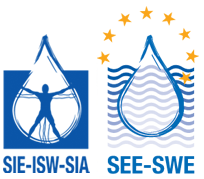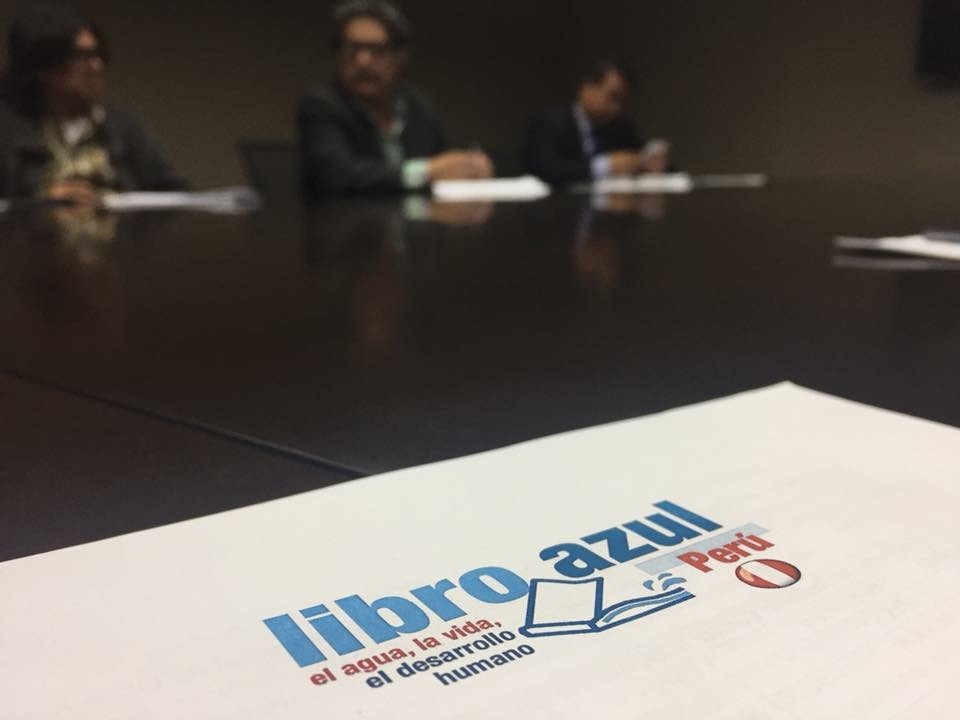The Blue Book is a precious tool to evaluate a country’s water management – providing us with a citizen’s point of view – and to generate concrete actions of policy reinforcement regarding water and the environment.
In Peru, the process of monitoring the implementation of the recommendations of the Blue Book is particularly dynamic and attests to a constant dialogue and the development of strong synergies between all actors: civil society, decision-makers (political and economic), academia, etc.
Recent developments demonstrate the strength of the Blue Book process at the national level:
- The National Water Authority (ANA) is now part of the National Blue Book Committee
- The Association of Public Companies for Drinking Water and Sanitation (ANEPSSA) – bringing together more than 50 companies from across the country – has also joined the National Steering Committee.
These recent developments, culminating in a meeting of the Steering Committee on October 23, 2018, in Lima, bringing together key ministries, the ANA, the ANEPSSA, as well as civil society, demonstrates an unprecedented level of involvement in participatory and inclusive water governance in Peru.
In particular, the following lines of action have been decided:
- Official incorporation of the civil society in the debate of the law on watershed head management. An action that will be coordinated by the Peruvian NGO Agua-C.
- Preparation of proposals for ecosystem services management projects under the coordination of the Association of Public Companies for Drinking Water and Sanitation.
- Incorporation of the water cycle into water-related ministries regulations to better frame their work related to sustainable water governance; under the coordination of the ANA.
To learn more, consul our previous article on the Peru Blue Book or our page presenting the Blue Book process at the international level.
The Blue Book is one of our initiatives, it has been successfully developed in 9 countries, including Senegal, Mali, Peru, etc. An International Steering Committee oversees strategic development and capitalizes on valuable experiences all over the world to exert global influence.



